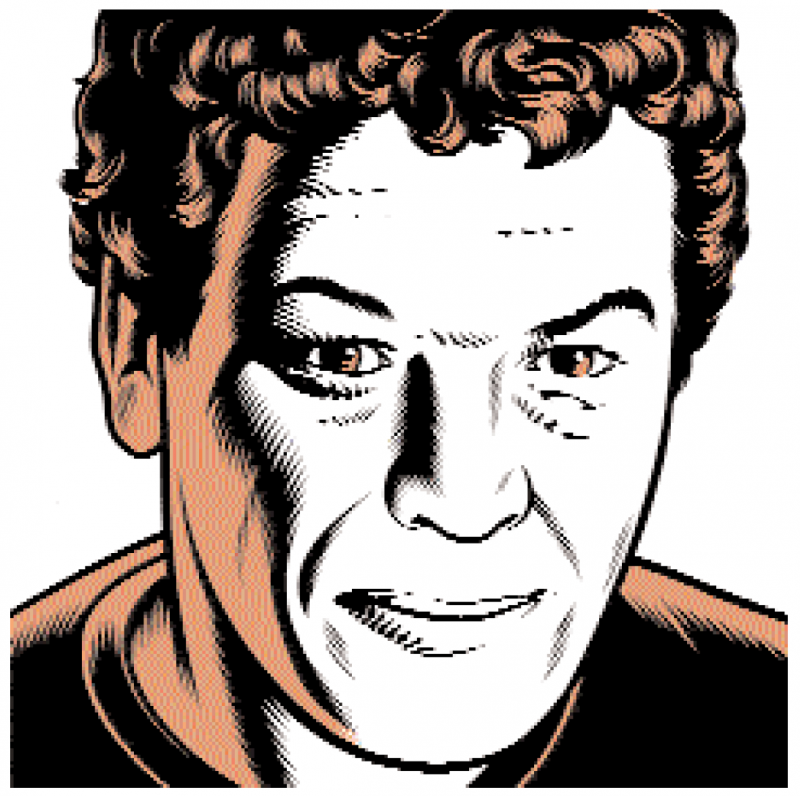By the time I met Francisco Goldman at a party in early 1997 I was already insanely in love with his writing, a condition that had never overcome me before where a living writer was concerned. I felt then, as I continue to feel today, that it was my great good fortune to be alive and writing on the same planet with him; little did I know that later that evening I would be drunk with him, and the next day extremely hungover with him, although Frank’s version of being hungover resembles most peoples’ version of being intensely enthusiastic. Frank showed up first thing the next morning to remind me and my boyfriend that we’d promised to take him to the beach to see seals; this was Cape Cod in February, and the temperature was something lower than zero. But we went and saw seals, all the while borne along by Frank’s unequalled stories, as we’ve continued to be for the seven years since. The son of an American father and a Guatemalan mother, Frank grew up with one foot in Guatemala and the other in New England, not unlike the narrator of his extraordinary first novel, The Long Night of White Chickens (1992), which won the Sue Kaufman Prize for first fiction from the American Academy of Arts and Letters and was a finalist for the PEN/Faulkner Award. The Ordinary Seaman followed in 1997 and was among other things nominated for the PEN/Faulkner, the LA Times Book Award, and the IMPAC Dublin. This fall he’s publishing a hilarious, tender, magnificent new novel, The Divine Husband. Dan Cryer of Newsday says, “His talent is nothing short of astonishing,” and I could not say it better. Since 1999, Frank and I have been neighbors in Brooklyn, and this past June he came over and sat in my yard for a few hours to talk about his work past and present.
—Susan Choi
I. “I BASICALLY WENT AND JOINED A VOLUNTEER BATTALION AND HUNG AROUND WITH ALL THESE KIDS EVERY DAY, WAITING FOR THE MOBILIZATION ORDER TO GO UP TO THE FRONT.”
SUSAN CHOI: Tell me about the rubber plant.
FRANCISCO GOLDMAN: Oh, how [The Divine Husband] started.
SC: Yeah.
FG: This is really the seed of the book. I was in a bar in Guatemala City called Shakespeare’s, in something like 1985 or 1986, and a guy came and sat down next to me. It was the gringo bar, a place I just hated. In The Long Night of White Chickens it’s called Lord Byron’s, and remember everybody in the book hates themselves for going there too,...
You have reached your article limit
Sign up for a digital subscription and continue reading all new issues, plus our entire archives, for just $1.50/month.
Already a subscriber? Sign in





